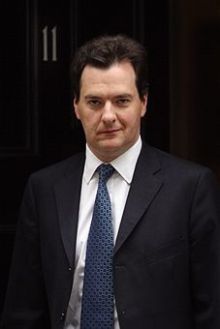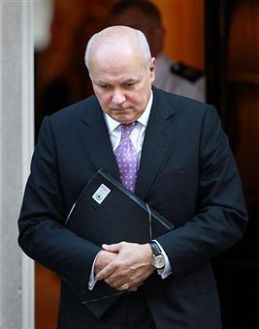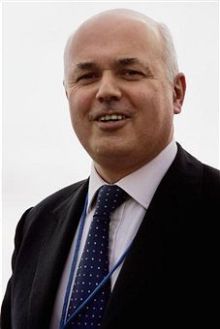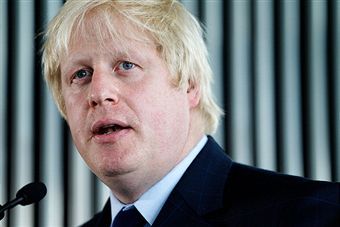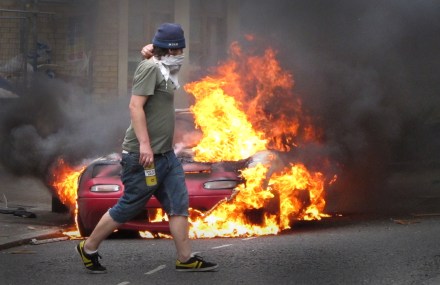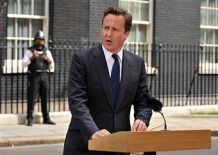Government expected to renew growth strategy
The word flying around Westminster this evening is that the government is going to announce a fresh package to stimulate growth tomorrow. In line with recent reports, the expectation is that new enterprise zones will be unveiled. Enterprise zones are, of course, the linchpin of the chancellor’s current strategy, offering generous tax breaks for start-up industries, relaxed planning regulations and investment in state-of-the-art broadband, so this would not be a novel move. But an announcement would be timely nonetheless. Lamentable inflation figures released today are set to be joined by poor employment figures tomorrow, suggesting that economic and business confidence may be becoming even more tentative, especially in deprived areas. The grim continental situation is also a matter of grave
